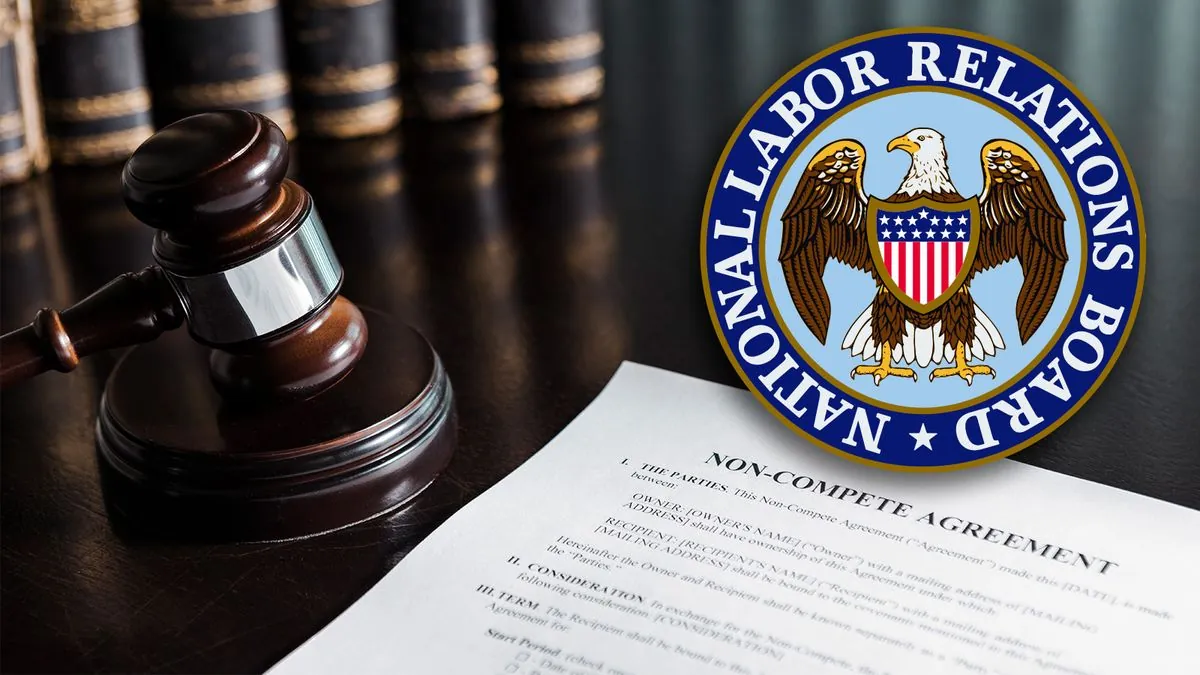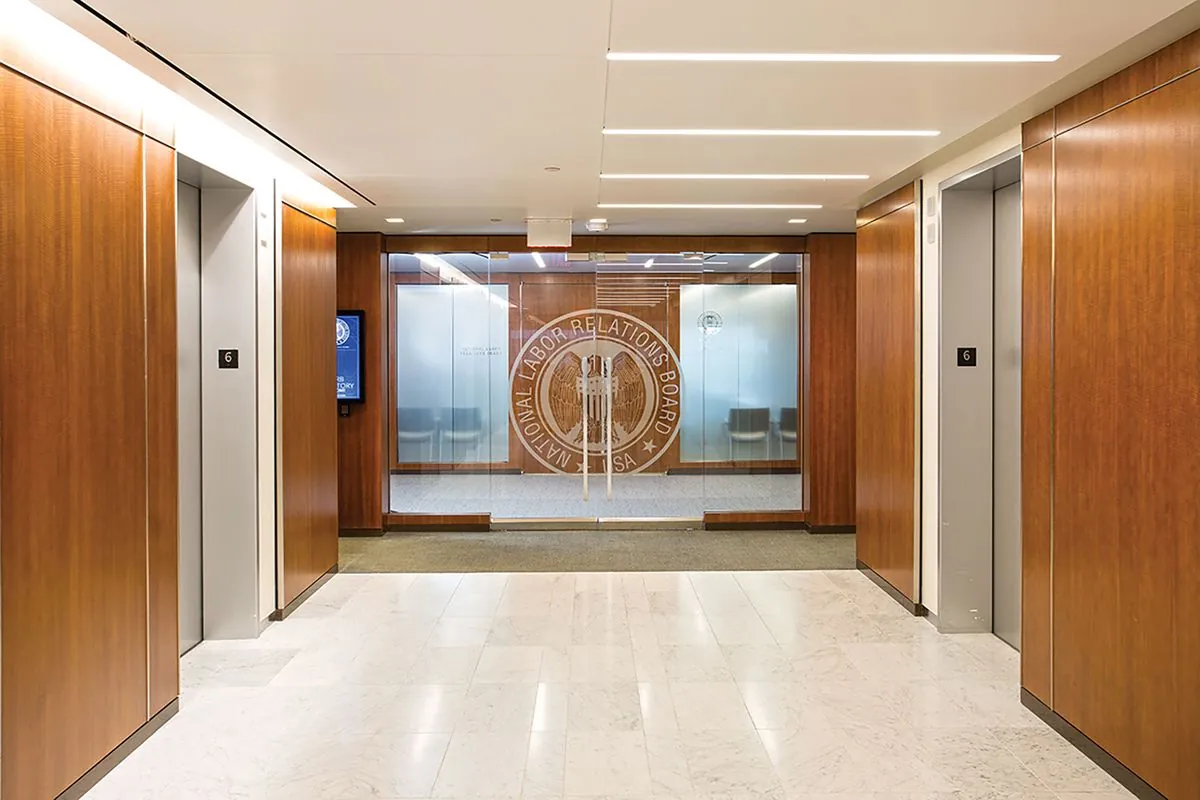Chicago Judge Upholds NLRB Structure, Rejects Medical Center's Challenge
A federal judge in Chicago has ruled against Alivio Medical Center's attempt to challenge the National Labor Relations Board's structure, affirming the agency's independence and allowing a case against the center to proceed.

In a recent ruling, a federal judge in Chicago has rejected a challenge to the structure of the National Labor Relations Board (NLRB), reinforcing the agency's status as an independent entity. The decision, issued on Friday, September 13, 2024, by U.S. District Judge Jeffrey Cummings, denied Alivio Medical Center's attempt to block an NLRB case against it from moving forward.
The NLRB, established by the National Labor Relations Act of 1935, has been enforcing labor laws related to collective bargaining and unfair labor practices for the past 89 years. Judge Cummings' ruling upholds the longstanding protections that shield NLRB administrative judges and board members from at-will removal by the U.S. president.
In his written decision, Judge Cummings emphasized the importance of these protections in maintaining the NLRB's independence. He drew parallels to a Supreme Court case from nearly 90 years ago that upheld similar safeguards for the Federal Trade Commission (FTC), which shares a comparable structure with the labor board.

The judge's ruling stated, "Alivio's position – if accepted – would neuter the National Labor Relations Act by blocking all proceedings before the ... independent agency that has steadfastly and exclusively enforced the statute for the past eighty-nine years against entities accused of unfair labor practices."
This decision comes amidst a broader context of challenges to the NLRB's structure by various employers. In the past month alone, more than a dozen companies have filed lawsuits questioning different aspects of the agency's composition, aiming to avoid NLRB administrative cases.
Interestingly, the Chicago ruling contrasts with recent decisions in Texas. In July 2024, two judges appointed by former President Trump temporarily halted NLRB cases against rocket manufacturer SpaceX and pipeline operator Energy Transfer. The SpaceX case ruling suggested that removal protections for administrative judges and NLRB members might be invalid.
The underlying case against Alivio Medical Center involves allegations of failing to negotiate with a union before terminating workers who reportedly provided false information about their legal authorization to work in the United States. Alivio contends that federal immigration law mandated the dismissal of these workers.
This case highlights the complex intersection of labor law and immigration policy. The NLRB's jurisdiction covers most private-sector employers, excluding government entities, and its decisions can have far-reaching impacts on workplace policies nationwide.
As challenges to federal agencies' structures continue to emerge, the Chicago ruling serves as a significant affirmation of the NLRB's role and independence. The agency, governed by a five-person board and a General Counsel appointed by the President with Senate consent, continues to navigate the evolving landscape of labor relations in the United States.
"Alivio's position – if accepted – would neuter the National Labor Relations Act by blocking all proceedings before the ... independent agency that has steadfastly and exclusively enforced the statute for the past eighty-nine years against entities accused of unfair labor practices."
The case, Alivio Medical Center v. NLRB, is set to proceed with a hearing before an administrative judge later this month. As labor disputes and challenges to agency structures persist, the outcome of this and similar cases may shape the future of labor law enforcement in the country.


































